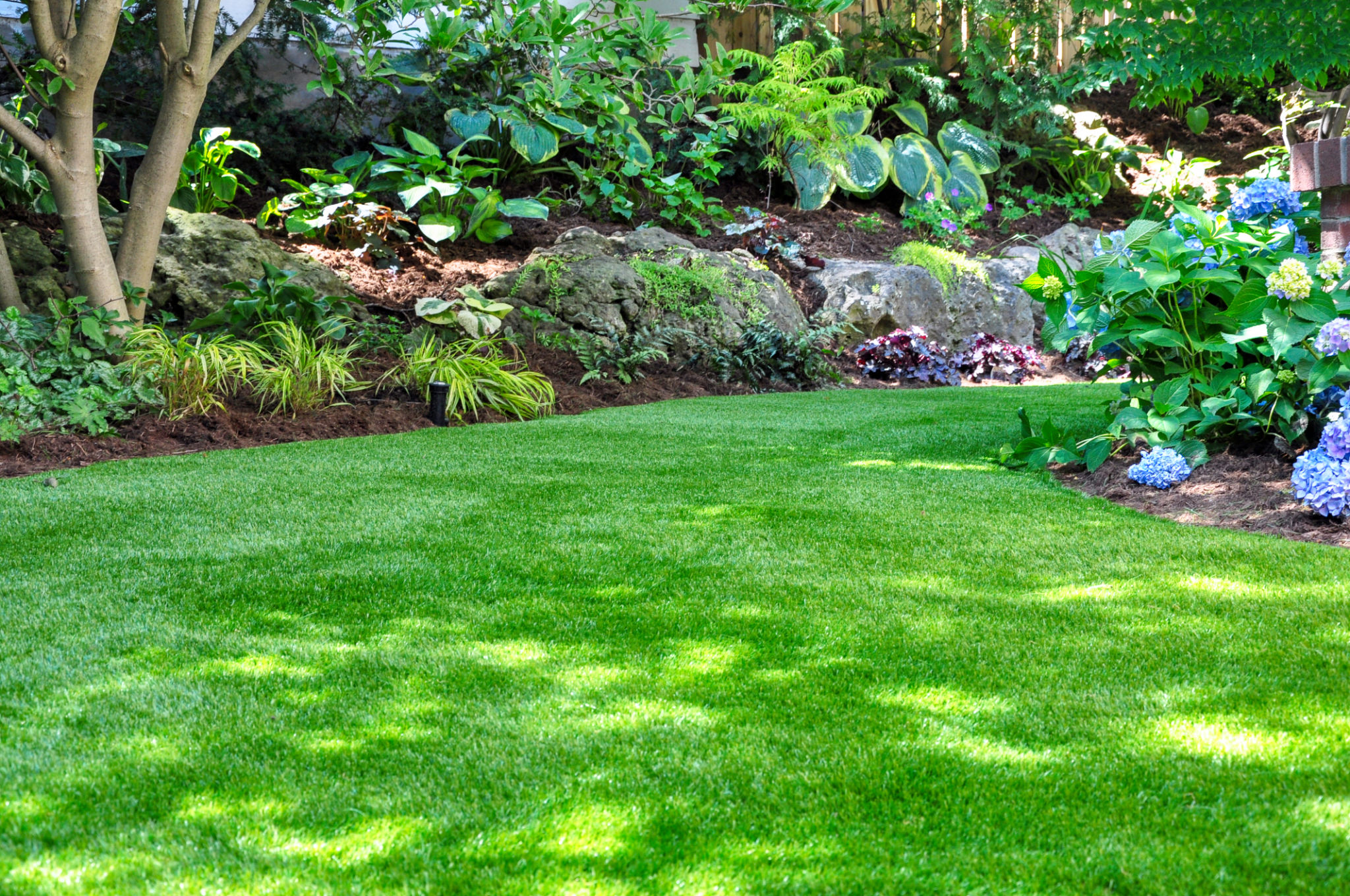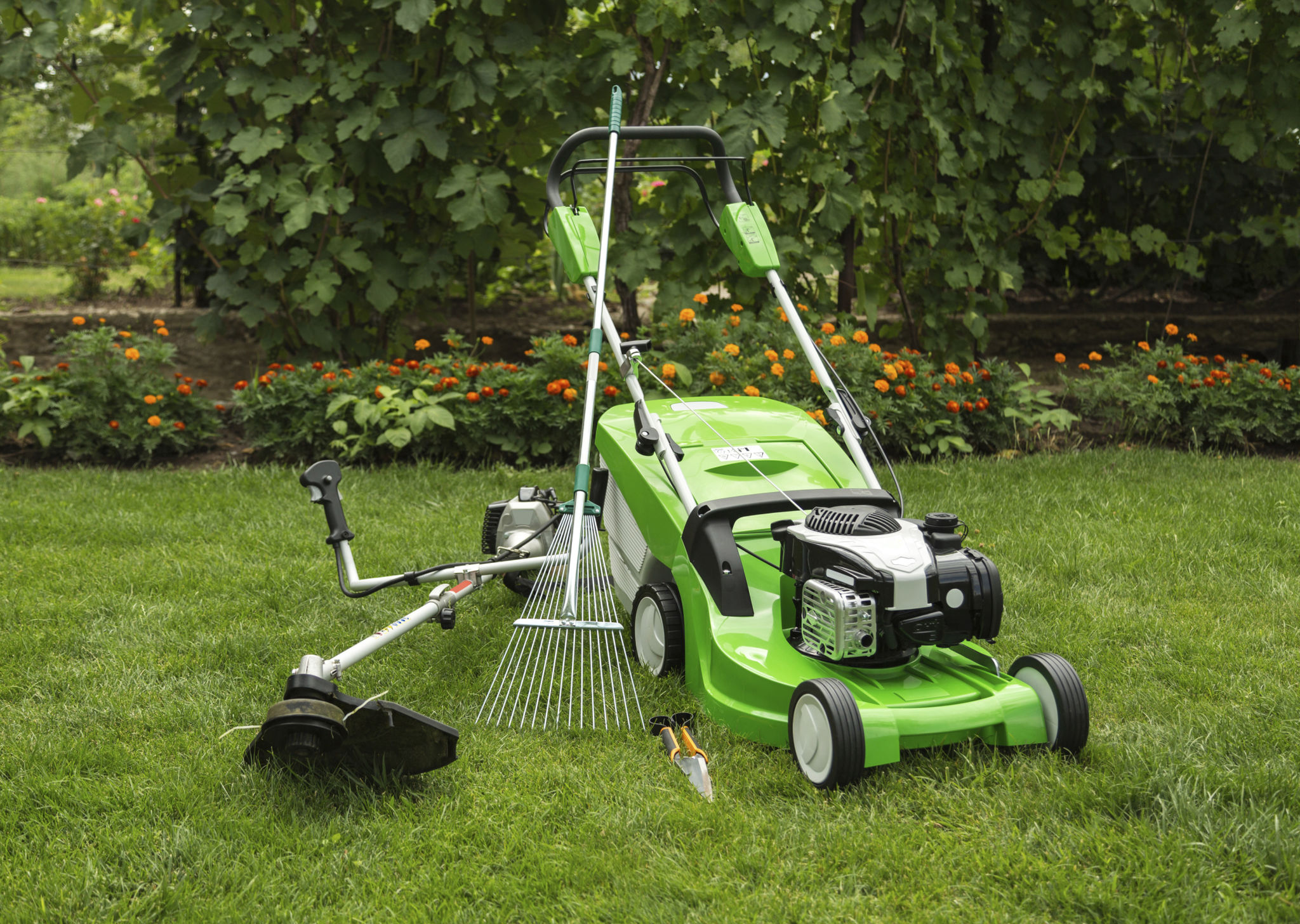The Ultimate Guide to Efficient Lawn Aeration in Ft Worth
Why Lawn Aeration is Essential
Maintaining a lush, green lawn in Ft Worth can be challenging due to the region's unique climate. One of the most effective ways to ensure your grass stays healthy is through regular lawn aeration. Aeration helps combat soil compaction, allowing air, water, and nutrients to penetrate deep into the roots. This process not only enhances the lawn's health but also improves its resilience against drought and disease.
In Ft Worth, where clay soils are common, aeration is particularly crucial. Clay soils tend to compact easily, hindering root growth. By aerating your lawn, you create an ideal environment for grass to thrive, resulting in a more vibrant and robust lawn.

When to Aerate Your Lawn
The timing of aeration is key to achieving the best results. In Ft Worth, the optimal time to aerate your lawn typically falls during the growing seasons—spring and fall. Aerating in the spring helps your lawn recover from winter dormancy, while fall aeration prepares the grass for the colder months ahead.
During these periods, the grass is actively growing, which allows it to quickly fill in the holes created by aeration. Avoid aerating during the hot summer months or when the soil is excessively dry, as this can stress the grass.
Choosing the Right Aeration Tools
There are two main types of aeration tools: spike aerators and core aerators. Spike aerators use solid tines to poke holes in the soil, while core aerators remove small plugs of soil from the ground. For most Ft Worth lawns, core aerators are preferred as they relieve compaction more effectively.
Core aerators can be rented from local garden centers or home improvement stores. If you prefer not to do it yourself, consider hiring a professional lawn care service. They have the expertise and equipment necessary to perform the job efficiently.

Steps for Efficient Lawn Aeration
- Prepare Your Lawn: Water your lawn a day or two before aerating to ensure the soil is moist. This makes it easier for the aerator to penetrate the ground.
- Aerate: Use a core aerator and make multiple passes over your lawn, focusing on high-traffic areas where compaction is more likely.
- Leave the Plugs: Allow the soil plugs to decompose naturally on your lawn. They will break down and contribute valuable nutrients back into the soil.
Post-Aeration Lawn Care
After aerating, it's important to follow up with proper lawn care practices. Consider overseeding your lawn to fill in any bare spots and apply a quality fertilizer to boost grass growth. Additionally, regular watering will help the new grass seeds germinate and establish strong roots.
Maintaining a consistent mowing schedule also aids in promoting healthy growth. Keep your mower blades sharp and avoid cutting more than one-third of the grass height at a time.

Benefits of Regular Lawn Aeration
The benefits of regular lawn aeration are numerous. Not only does it improve air exchange between the soil and atmosphere, but it also enhances water uptake and reduces water runoff and puddling. Aeration strengthens root systems, making your lawn more tolerant to heat and drought conditions commonly experienced in Ft Worth.
Furthermore, by breaking up thatch—a layer of dead grass and roots—lawn aeration helps prevent pests and diseases, ensuring your lawn remains healthy year-round.
Conclusion
Lawn aeration is an essential practice for maintaining a vibrant and healthy lawn in Ft Worth. By understanding when and how to aerate effectively, you can ensure your grass receives the nutrients it needs to thrive. Whether you choose to do it yourself or hire professionals, regular aeration will enhance your lawn's beauty and longevity.
